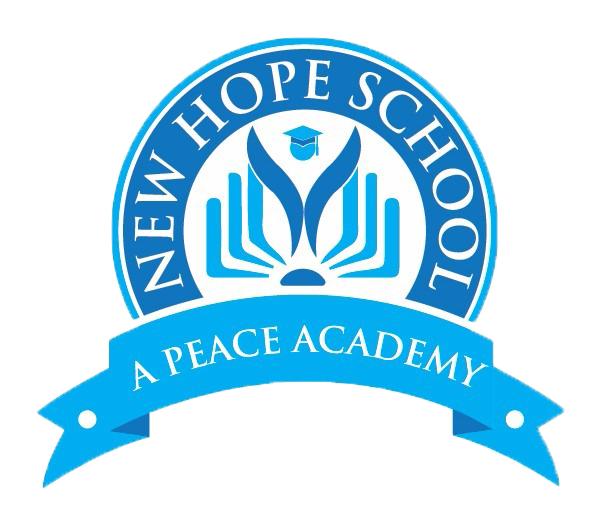Civility
By Mose Durst, Ph.D.
"3 out of 4 Americans are lonely, says a UC study" reads the headline in the San Francisco Chronicle. There are complex reasons for loneliness: fragile families, disappearing communities, and individuals striving for success. And there are also complex remedies. An obvious cause of loneliness, however, is something that offers immediate remedy: lack of civility.
We are built for relationship, and therefore we suffer when we are lonely. Serious loneliness can lead to physical and emotional breakdowns. Civility, however, involves the endless ways we relate to each other. The word derives from the word city, and it is the means by which we become civilized. Not so much by what we know but how we behave. It is the means by which we show care and concern for each other.
Although manners, kindness, and politeness are dimensions of civility, civility involves these and other qualities in the realms of public life, the classroom, the workplace, political life, and the environment. P.M. Formi, the author of Choosing Civility, and the Director of the Johns Hopkins Civility Project, explains that "to be civil … [is] to behave… in a manner that takes into consideration the feelings and the comfort of others - … practicing the art of giving." We can nourish ourselves and others, and escape some degrees of loneliness, by the way we interact in the common experiences of the day.
"I can live for two months on a good compliment," writes Mark Twain. One small remark or act of kindness nourishes the soul an even brings benefits to the health of the body. We need to care for each other in our daily activities. So we can avoid road rage by courteously driving. A smile to a waiter (and a reasonable tip for good service) enhances the quality of our meals. "Thank you" are two of the most powerful words in the English language. To receive or offer these words enhances our relationships. And they are gifts without cost.
As a teacher, I am overwhelmed with joy if I receive a kind note from a student. I remind students that the practice of gratitude is to build a character strength, and gratitude is an example of civility. I urge them to keep a gratitude journal, and I remind them to express gratitude to their parents in numerous ways. Students are often unaware of how they impact each other. I teach oratory, and while a student is making a presentation another student enters the room and the door slams shut. Or a student entering a room will fail to hold the door for the next student. A simple act of civility in a classroom creates a culture of care.
Teachers are models for students, and their behavior toward one another is a powerful lesson for students. "Have a good class" are simple words that can encourage a fellow teacher who is having a difficult day. And we all have difficult days. Simple acts of civility nourish the body and build caring relations.
Civility is also necessary in the political realm. Politicians are our representatives. They are, above all, public people. Their public behavior impacts all of us. The passing of President G.H.W. Bush brought forth a torrent of comments about his decency, kindness, and civility to even the humblest person. That was perhaps the most important part of his legacy. We may reasonably disagree with the policies of our present president. But surely, the hundreds of people he has insulted, mocked, and ridiculed makes an impact on all of us. He represents public life, is the representative of all of us; we look to him to represent the best behavior toward others. But, alas, if he is uncivil in his behavior, it seems to give us all a pass to do likewise.
Finally, Professor Forni reminds us that there is such a thing as civility to our environment. Our behavior impacts all others, even our environment. As we are sensitive, kind, and caring toward our earth-home, then home is a beautiful, nourishing place for us to flourish.
We are all lonely at times, especially if we choose loneliness. But the loneliness that debilitates us can be overcome by our recognition that we are responsible to create civil lives. We are born for relationship, and we can choose to be caring, loving people in endless ways.
About the Author
Dr. Durst is President of The Principled Academy, a sister school of New Hope School, located in San Leandro, CA.
